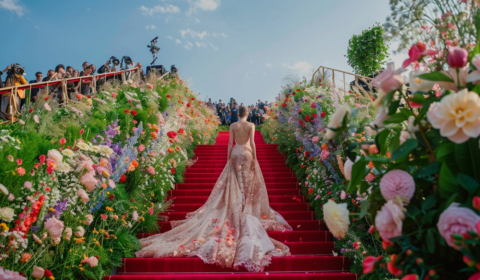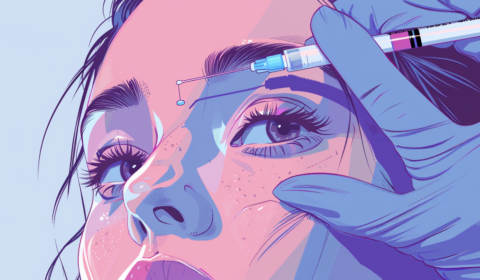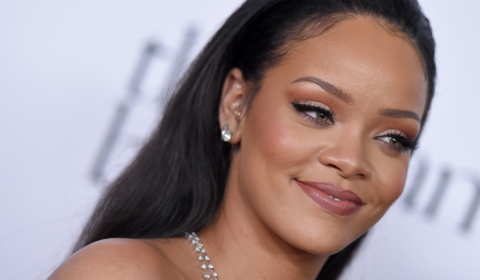The makeup brand Youthforia has highlighted the importance of due diligence when it comes to inclusivity and representation.
Inclusivity has become a paramount issue, particularly in the beauty industry. And as customers place more pressure on brands to practice as they preach, the margin for error has rightly decreased.
Makeup enthusiasts, everyday customers, and industry watchdogs are quick to call out brands that miss the mark, especially when diversity, inclusivity, and representation are part of their ‘ethos.’ And Youthforia, who’s ostensibly ‘inclusive’ foundation shade has sparked controversy online, highlights this point vividly.
Youthforia is a relatively new, clean beauty brand founded by Fiona Co Chan in 2021. Chan’s company is no stranger to controversy, after facing backlash in 2023 over a lack of foundation shades.
Many called the brand out for not being inclusive, but it seems Youthforia’s response has once again missed the mark, highlighting the consequences of lazy and performative inclusivity.
After criticism that its Date Night foundation wasn’t representative of all skin tones, Youthforia expanded the range to include a number of shades including its now darkest tone, 600.
On the surface, the shade looks unassuming. But beauty influencers have shared swatches of the 600 foundation and likened it to ‘jet black’ paint.
Lifestyle content creator Golloria George tested out shade 599 and 600 from the new Youthforia range, two of the darkest shades available. She found 599 to be too warm a brown for her skin, while 600 was a flat, dark black.
View this post on Instagram
‘How on earth did we go from this shade to this shade,’ George asks in a TikTok video. ‘There’s no undertone, no depth, no dimension, and that’s a problem.’
George isn’t alone in her concern, either. Other influencers have come out to criticise Youthforia’s lazy attempt at diversity, suggesting the brand has little interest in enforcing substantial, systemic inclusivity, so long as they appear so on the surface and sales aren’t impacted.
‘This is what we get when we ask to be included in the beauty industry,’ said content creator Awuoi Matiop.
‘They just slam it in our face saying ‘you want a darker shade? There you go, here’s some black paint for your face.’
View this post on Instagram

















